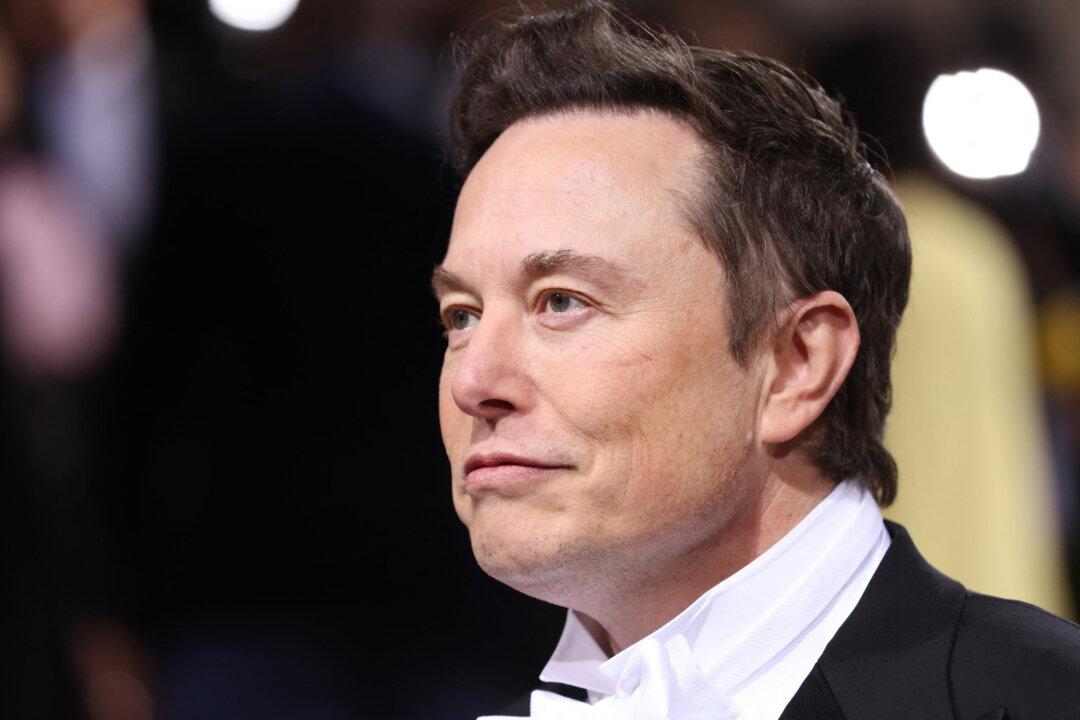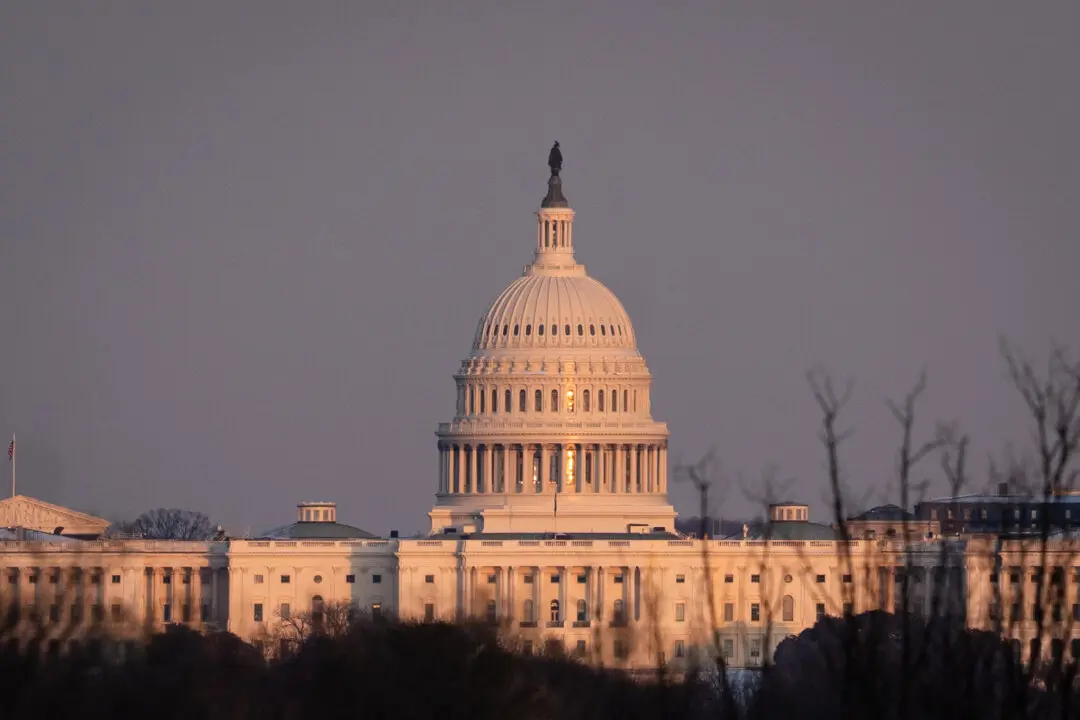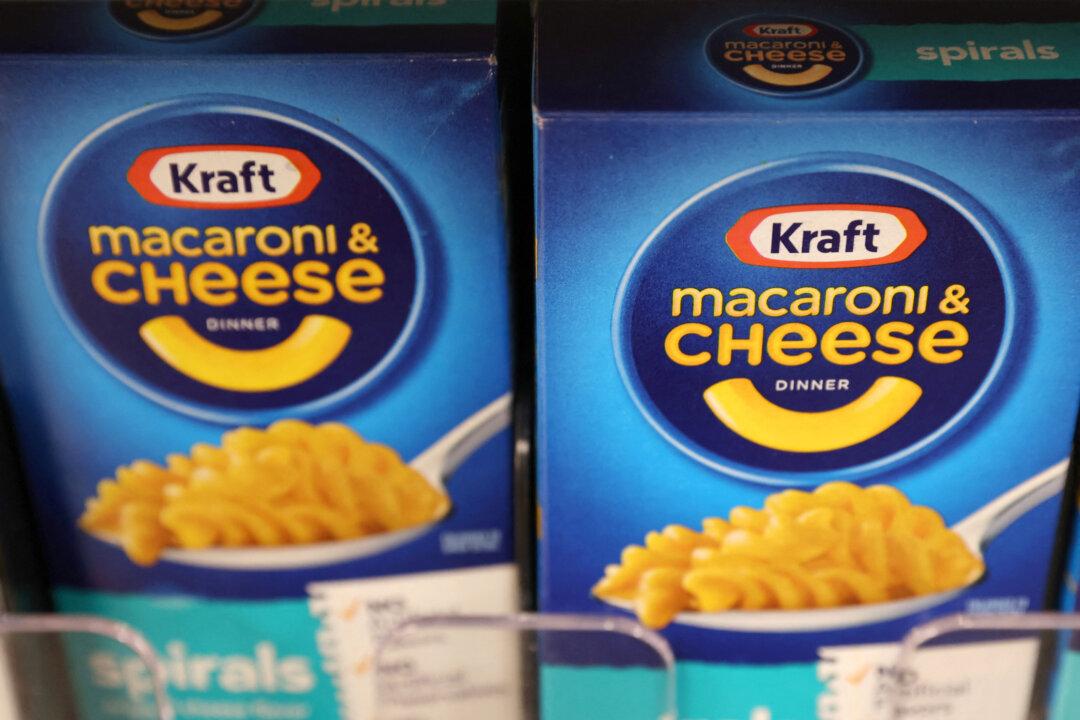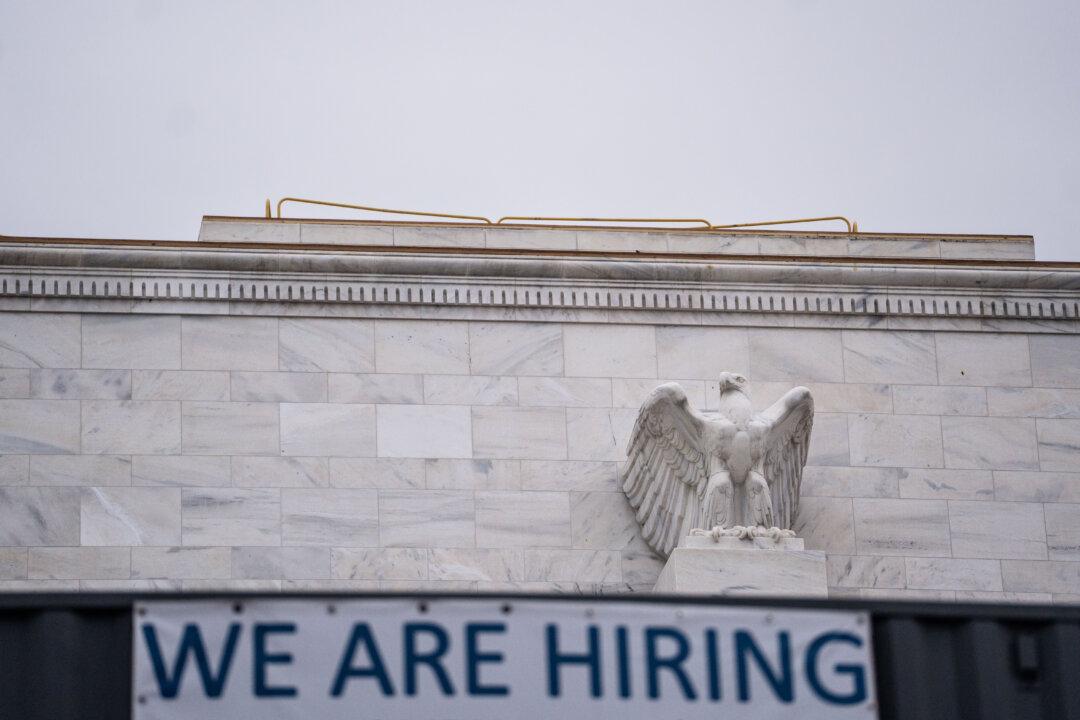Billionaire Elon Musk wrote on Twitter that a recession would be “a good thing,” adding that “some bankruptcies need to happen.”
The Tesla Motors and SpaceX CEO published a poll on his Twitter account, asking, “Who do you trust less? Real question.” He offered two answers: politicians and billionaires. More than 75 percent chose politicians.





